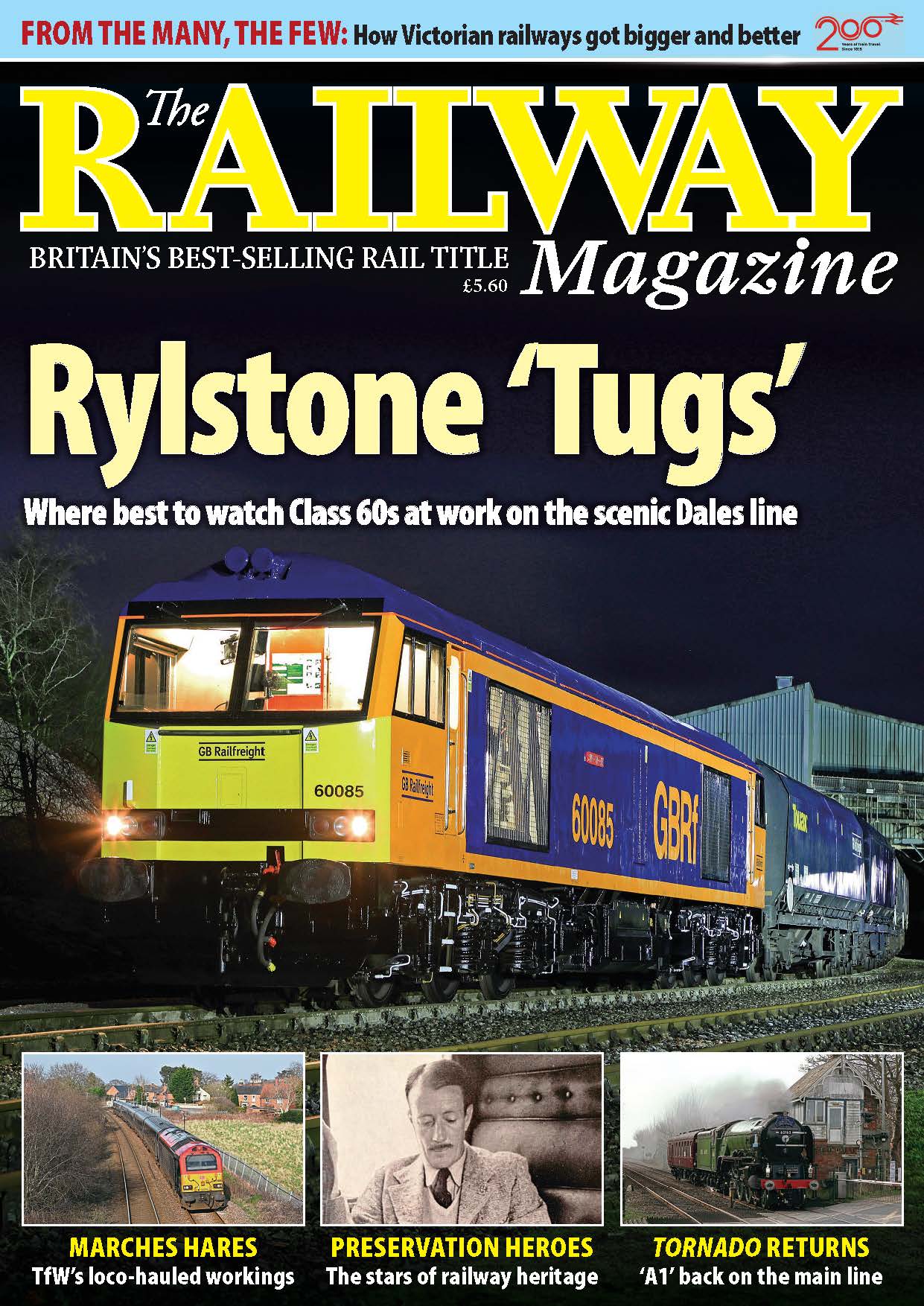
With the festive season and all those office parties and lunches drawing closer, the temptation to have ‘just one for the road’ on the way home is always at its most intense in these weeks and months. Even if you have resisted after-work, over-indulgence of alcohol from the night before at home will remain in your system the next morning…
It’s a risk – and if you fall foul of the law then reaching out to a UK defence solicitor is the option you ought to choose – but it’s a risk you really don’t need to take, as the obvious question is, why drive this Christmas when you can use the railway? It is safer, often more convenient than battling on the roads, and can be cost-effective.
As all drivers should be aware, alcohol consumption impairs cognition and many of the regular body reactions and functions that allow for safe driving. Once a driver has had one too many drinks, the brain will need more time to process the images received from the eye and respond accordingly. This means that you will have slower reaction times… which, in turn, increases the risk of accidents.
Monthly Subscription: Enjoy more Railway Magazine reading each month with free delivery to you door, and access to over 100 years in the archive, all for just £5.35 per month.
Click here to subscribe & save
In England and Wales, drivers are limited to 80 milligrams of alcohol per 100 millilitres of blood (35 micrograms per 100ml of breath, or 107mg per 100ml of urine). In Scotland and other European countries, this limit is lower, at 50mg per 100ml of blood.
And while there are average times for the body to metabolise alcohol, these are by definition averages and can be affected by age, weight, whether you’ve eaten or any medication you’re on. A unit of alcohol is generally metabolised in one hour, with a single unit translated as 250ml of standard 4% beer (less than half a pint), 25ml of 40% whisky or 76ml of 13% wine.
With so many variables, it is safer to opt for a more convenient method of transportation than to drive back home from the pub or party, and using the railway is not only convenient, it can work out far more cost-effective than taking a taxi or using car-sharing services, and be far safer too.
Statistics from the Office of Rail and Road reveal there have been no passenger fatalities as a result of a train accident for 12 years in a row. What’s more, according to the Public Performance Measure, 87% of the trains were punctual at their final destination during 2019 (i.e. they were early at their destination or less than 5-10 minutes after their scheduled arrival time).
In England, anyone caught driving over the legal limit is banned from driving for at least 12 months, can receive driving penalty points and can face a fine of up to £5000.
Enjoy this Christmas season. Don’t drink and drive. Use the railway.




